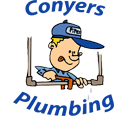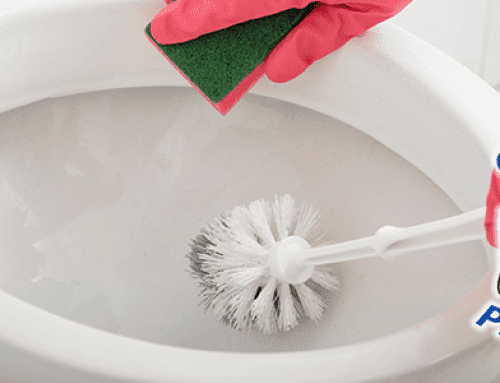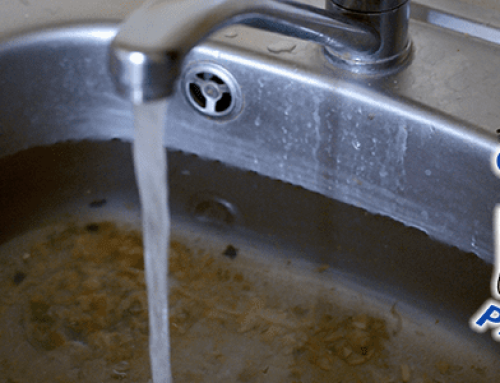One of the most devastating things to happen to your home is water damage. It is messy, and typically much more extensive than it initially appears to be. Many times, it can go unnoticed for long periods of time until it is too late. Repairing water damage can be costly and time consuming as well. Below are some things to keep an eye on in order to avoid extensive water damage to your home.
Leaky Pipes
It is a myth that pipes only burst in the winter due to freezing conditions. If a pipe has a leak, the weakened structure can cause the pipe to burst. Added summertime heat can really cause the pipe to degrade. In fact, leaky pipes are one of the biggest causes of water damage is left unaddressed.
Rain Gutters
It is important to check your gutters periodically for damage and to make sure that they are cleared of any debris so that heavy rains can flow freely through them. If your gutters are structurally damaged in any way, it is important to repair them as soon as possible. Poor water runoff can cause water damage to your foundation. It can also let standing water seep into your walls leading to toxic mold.
Household Appliances
Faulty household appliances, in particular washing machines, hot water heaters, dishwashers, and refrigerators, can leak. Weakened or loose hoses and cracked pipes can cause water damage to your flooring and can even seep into your sub-floor causing extensive damage and requiring costly repairs.
Toilets
A toilet that is constantly running is not only a problem for your water bill. It can also be a sign of a leak which can ruin the floors and walls in your bathroom. And if the toilet is on the second floor, it can leak all the way through the ceiling and to the floor below. If you have a toilet that is constantly running, it is a good idea to shut off the water to the toilet until you can fix the problem.
Garbage Disposals
If your garbage disposal goes out, it can go out with a bang. At the unit ages, it can spring a leak which can cause flooding and water damage in your cabinets and down into the floor underneath. As these leaks can go unnoticed for long periods of time, mold can also be a problem due to the cold, wet, and dark environment inside those kitchen cabinets.
HVAC Drainage
As your air conditioner pulls humidity out of the air, it condenses the moisture into an overflow pan. This typically will then drain outside through the condensate line. But if the drain pan is cracked or the condensate line is ruptured, you will be looking at some costly repairs in the floor and walls around your AC unit.




